Why You Should Consider Priceline Hotel Data Scraping for Growth?
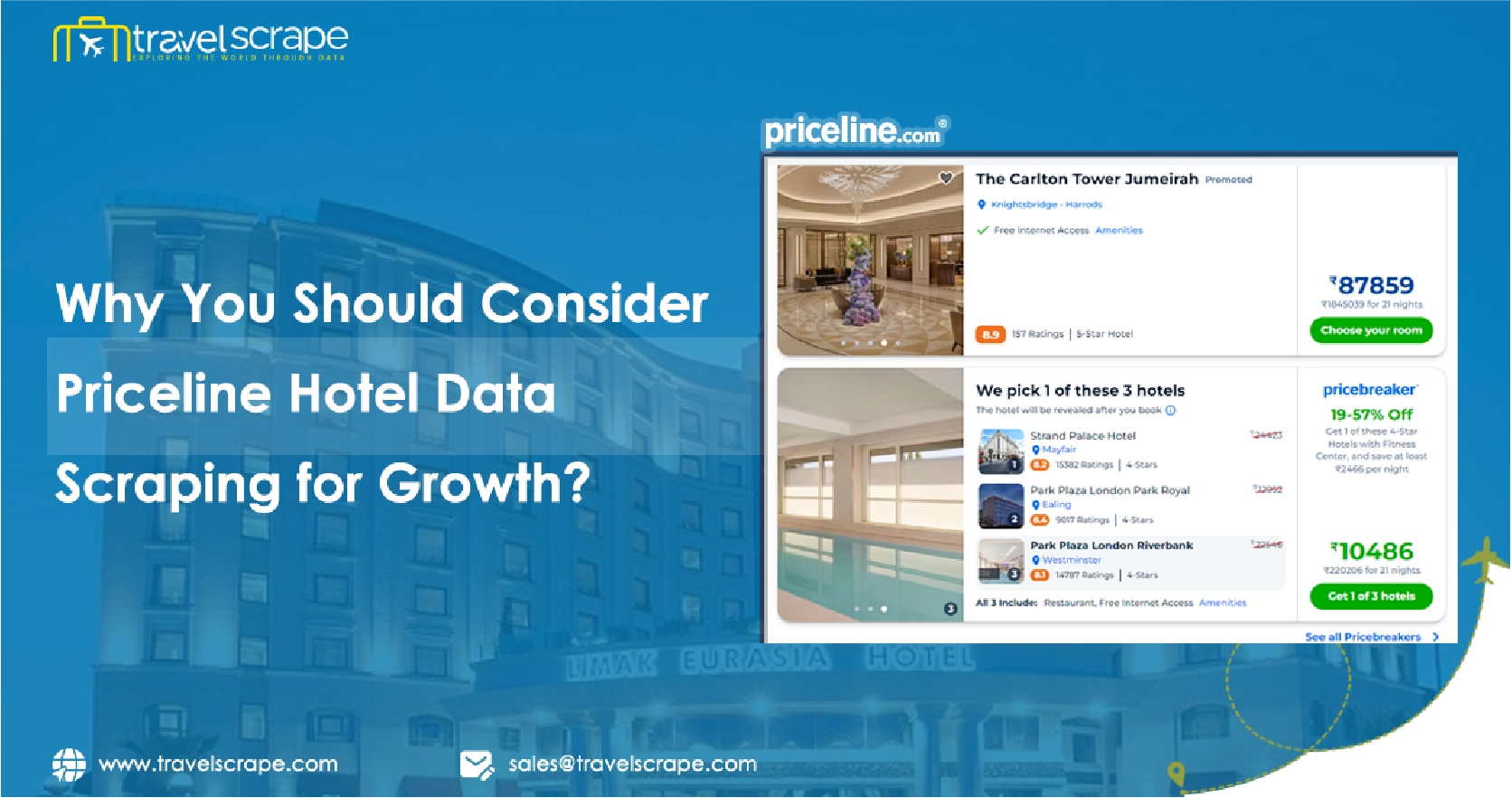
Introduction
In the competitive landscape of the travel and hospitality industry, accessing and leveraging data effectively can make a significant difference in business growth and success. Priceline hotel data scraping emerges as a powerful solution, offering businesses valuable insights derived from real-time and comprehensive data extraction from Priceline's vast repository of hotel information. This blog explores the benefits, methodologies, and strategic advantages of web scraping hotel price data, emphasizing its role in driving growth and enhancing competitive edge.
Understanding Priceline Hotel Data Scraping
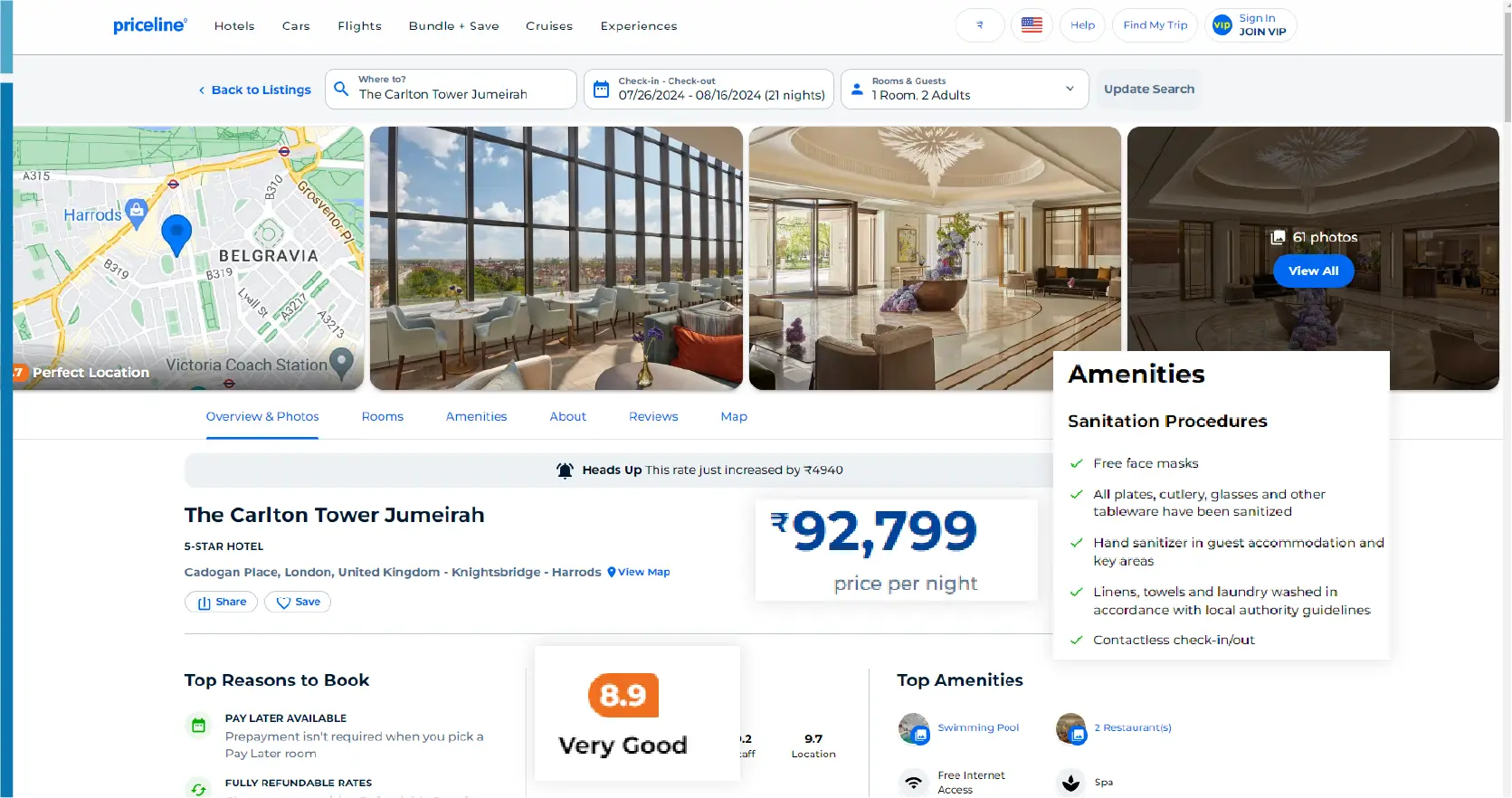
What is Priceline Hotel Data Scraping?
Priceline hotel data scraping involves using automated tools and techniques to extract various types of data from Priceline's website. This includes hotel prices, availability, reviews, ratings, amenities, and other relevant information that can influence pricing strategies and customer decisions.
How Does Priceline Data Scraping Work?
The process of web scraping hotel price data typically utilizes web scraping tools or hotel scraping APIs to crawl through Priceline's website. These tools navigate the site, extract structured data, and store it in a format suitable for analysis and integration into business operations.
Benefits of Priceline Data Scraping
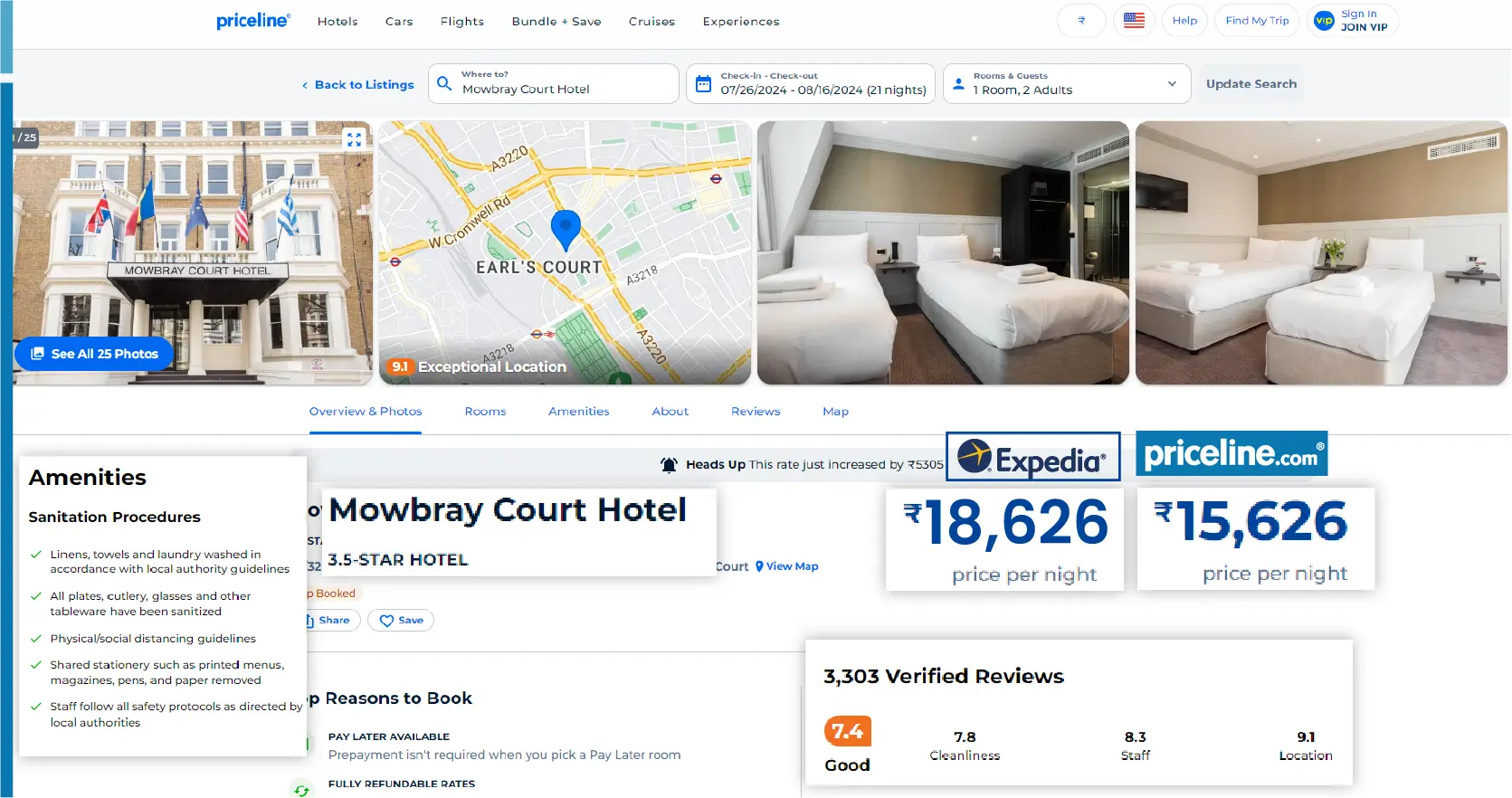
1. Real-Time Data Access
Accessing real-time hotel data from Priceline is crucial for businesses to stay updated with current market conditions, pricing fluctuations, and availability changes. This timely information enables proactive decision-making and responsiveness to market trends.
2. Competitive Pricing Analysis
By extracting and analyzing hotel pricing data from Priceline, businesses can conduct thorough competitive analysis. This includes comparing prices across different hotels, monitoring competitor strategies, and adjusting pricing models to maintain competitiveness and attract more customers.
3. Market Trend Identification
Priceline hotel data collection provides insights into emerging market trends, popular destinations, seasonal booking patterns, and customer preferences. Understanding these trends allows businesses to align their offerings with market demands, optimize promotional campaigns, and capitalize on growth opportunities.
4. Enhanced Customer Experience
Improving customer experience is a key driver of growth in the hospitality industry. By scraping hotel data from Priceline, businesses can personalize customer interactions, offer tailored recommendations based on historical booking patterns, and ensure availability of preferred amenities, enhancing overall satisfaction and loyalty.
5. Operational Efficiency
Efficiently managing inventory and resources is essential for operational success. Priceline hotel data collection facilitates accurate forecasting of demand, optimization of room allocation, and efficient utilization of hotel facilities, leading to improved operational efficiency and cost savings.
6. Data-Driven Decision Making
Data extracted through extract hotel data from Priceline empowers businesses to make informed decisions backed by quantitative insights. Whether expanding into new markets, negotiating supplier contracts, or launching targeted marketing campaigns, data-driven strategies enhance decision-making accuracy and mitigate risks.
How to Implement Priceline Hotel Data Scraping?
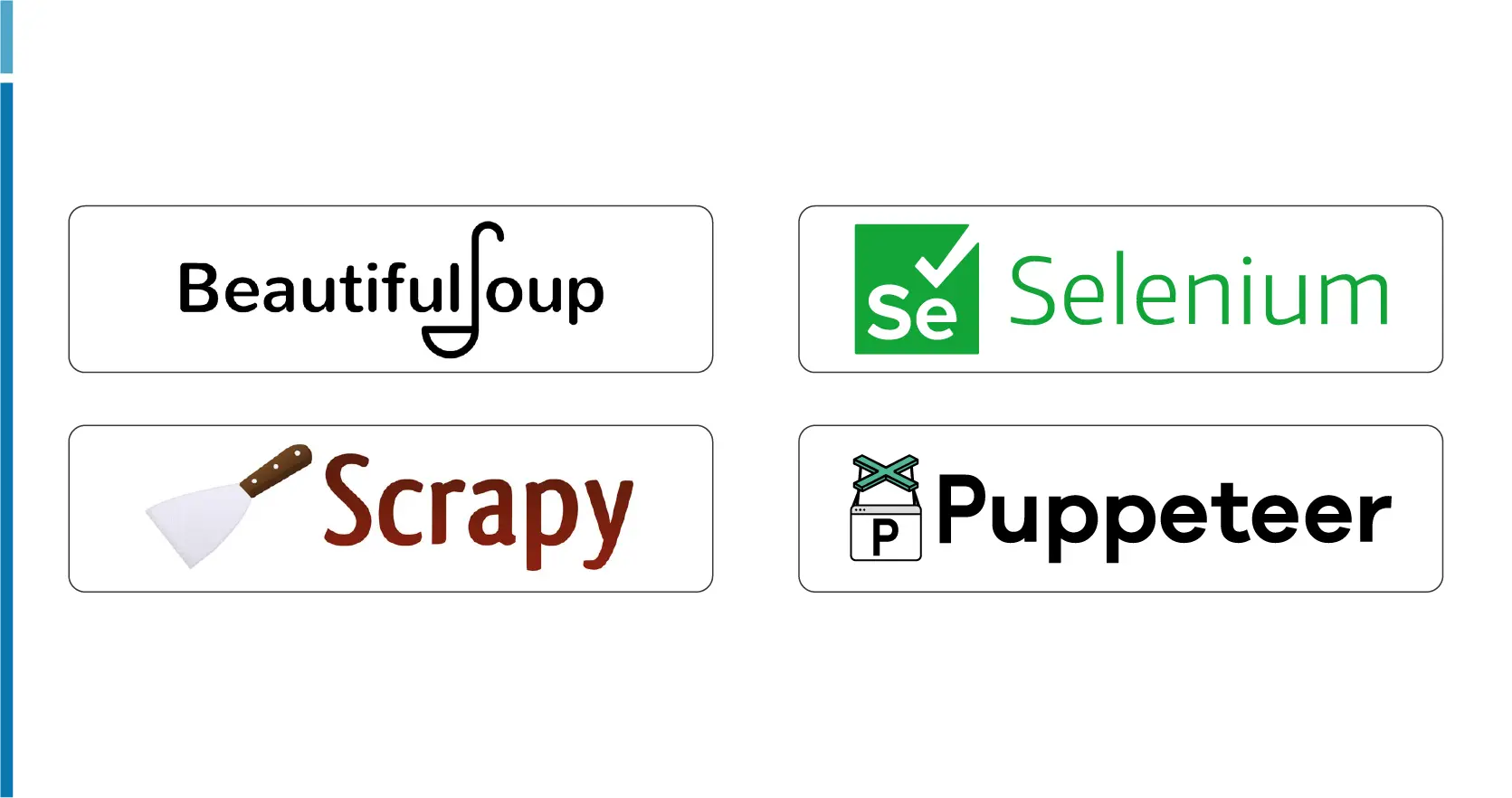
1. Selecting the Right Tools and Technologies
Choosing suitable web scraping tools or hotel scraping APIs is crucial for effective data extraction from Priceline. Tools like BeautifulSoup, Scrapy, or Selenium can automate data collection tasks, while APIs such as RapidAPI or Apify offer streamlined access to structured hotel data.
2. Legal and Ethical Considerations
Adhering to legal guidelines and Priceline's terms of service is essential when conducting data scraping activities. Implementing rate limiting, respecting robots.txt directives, and ensuring data privacy compliance safeguard against potential legal implications.
3. Handling Technical Challenges
Navigating through dynamic content, CAPTCHAs, and IP blocking mechanisms requires advanced scraping techniques. Utilizing proxies, employing headless browsers, and implementing robust error handling mechanisms address technical challenges encountered when extract hotel data from Priceline.
4. Maintenance and Monitoring
Regularly maintaining and updating scraping scripts ensures continuous data accuracy and reliability. Monitoring changes in Priceline's website structure or data formatting allows timely adjustments to scraping methodologies, preserving data integrity.
Case Studies and Examples
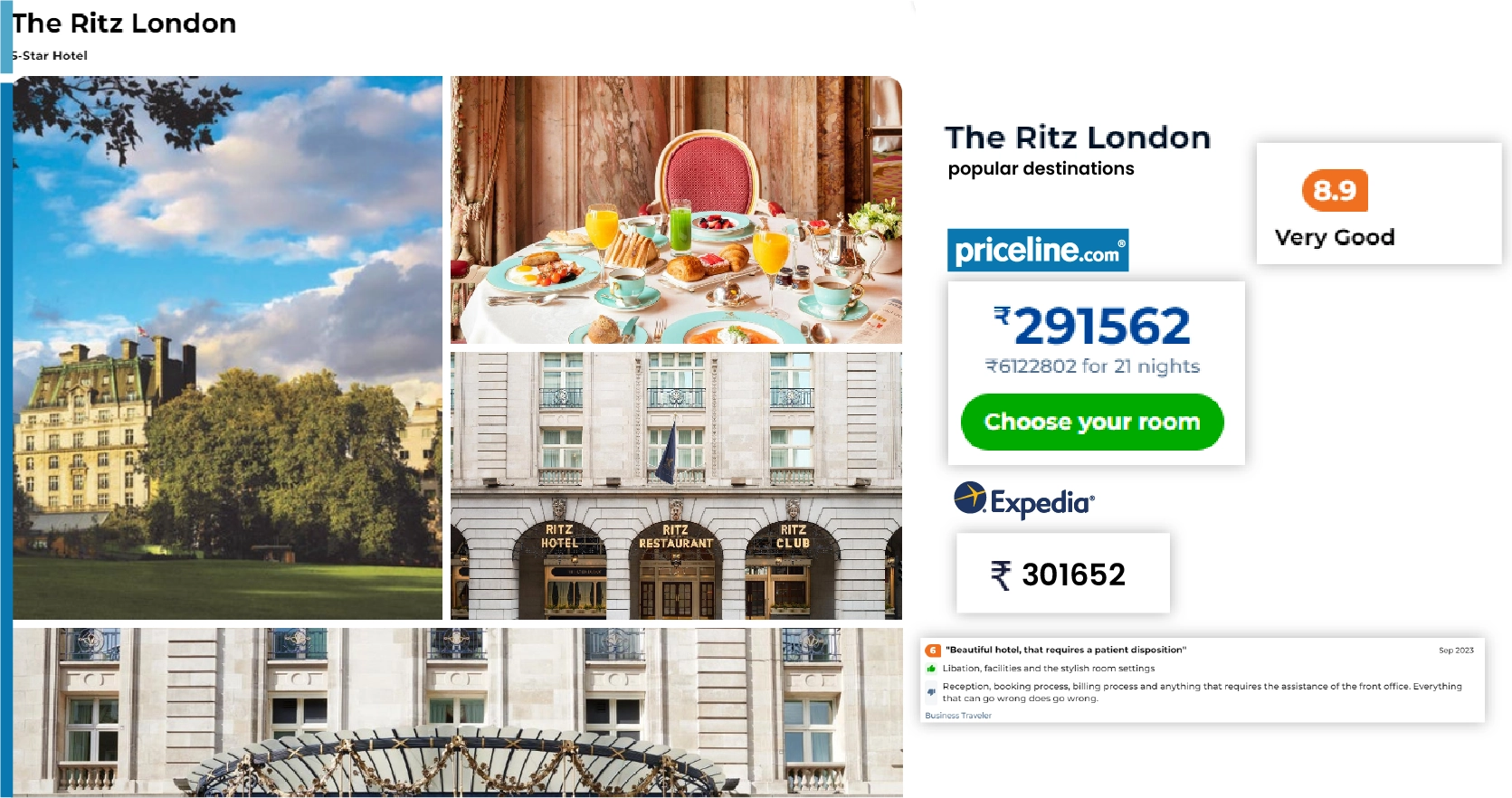
Case Study 1: Competitive Intelligence
A travel aggregator utilized Priceline data scraping to monitor competitor pricing strategies in real-time. By analyzing extracted data, they identified price differentials, adjusted their own rates accordingly, and gained a competitive advantage in the market.
Case Study 2: Market Expansion
A hotel chain leveraged Priceline hotel data collection to identify emerging travel trends and popular destinations. This data-driven approach enabled them to expand their portfolio into lucrative markets, increasing occupancy rates and revenue streams.
Case Study 3: Enhanced Personalization
A mobile travel app integrated Priceline hotel scraping to enhance user personalization. By scraping mobile travel app data, the app provided customized hotel recommendations based on user preferences, resulting in higher user engagement and retention rates.
Future Trends in Hotel Data Scraping
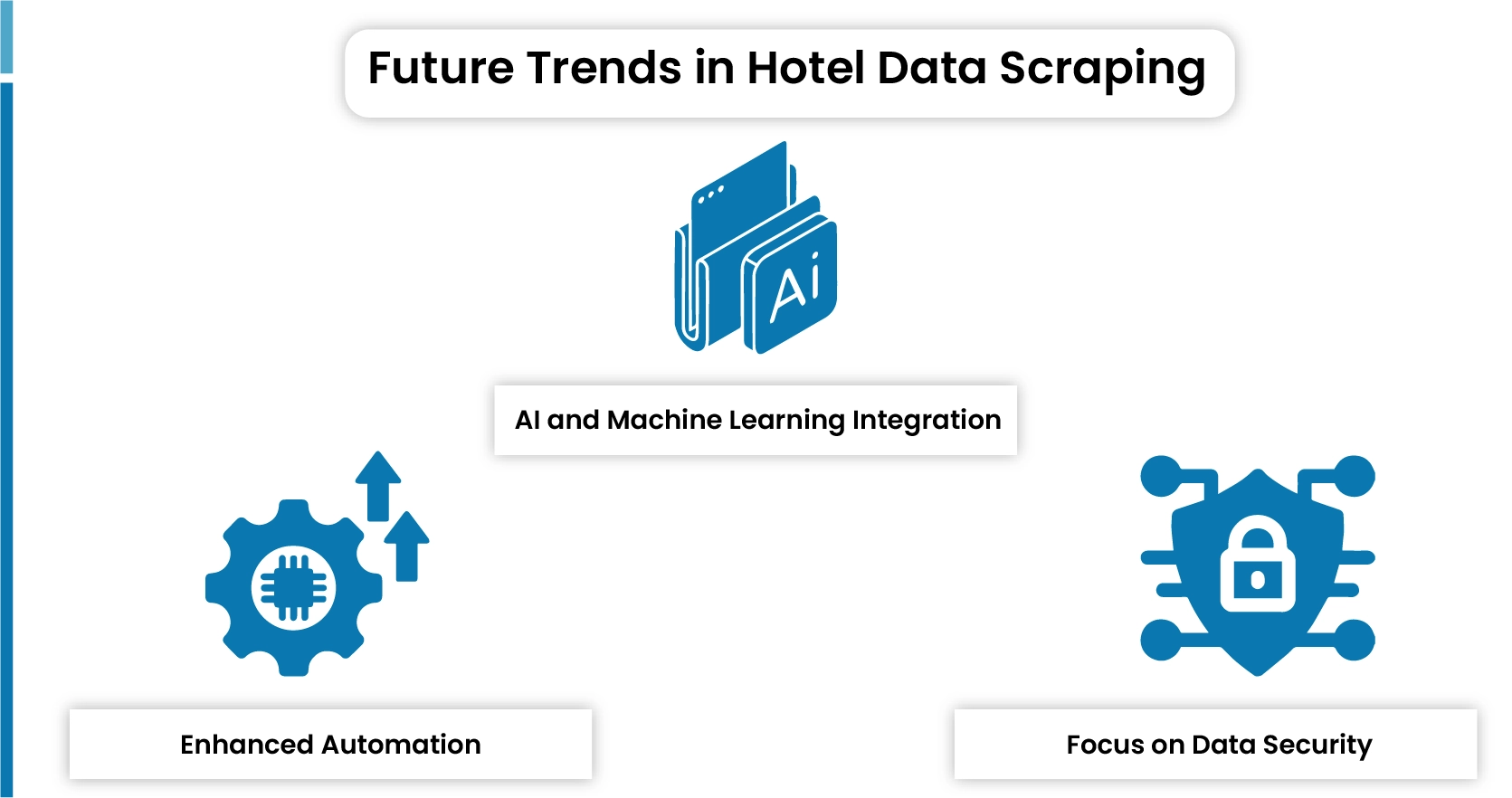
As technology evolves, future trends in Priceline hotel scraping are poised to shape the industry landscape:
1. AI and Machine Learning Integration
AI and machine learning algorithms enhance data analysis capabilities, enabling predictive modeling, trend forecasting, and personalized customer experiences based on historical data insights.
2. Enhanced Automation
Automation of scraping processes streamlines data extraction tasks, reduces manual intervention, and improves scalability for handling large volumes of hotel data efficiently.
3. Focus on Data Security
Ensuring data security and privacy remains a priority amidst increasing regulatory scrutiny. Implementing encryption protocols, secure data storage practices, and compliance with data protection regulations safeguard against potential vulnerabilities.
Conclusion
Priceline data scraping presents a compelling opportunity for businesses to achieve growth and competitive advantage in the travel industry. By leveraging advanced scraping techniques and scraping APIs from Travel Scrape, organizations can access real-time hotel data, perform comprehensive analysis, and implement data-driven strategies. Travel aggregators can particularly benefit to scrape mobile travel app data to enhance user experiences and drive customer loyalty. Embracing Priceline hotel scraping as part of a broader data strategy empowers businesses to navigate market dynamics, optimize operations, and capitalize on emerging opportunities, ultimately fostering sustainable growth and success in the dynamic world of hospitality. Contact Travel Scrape for more details!